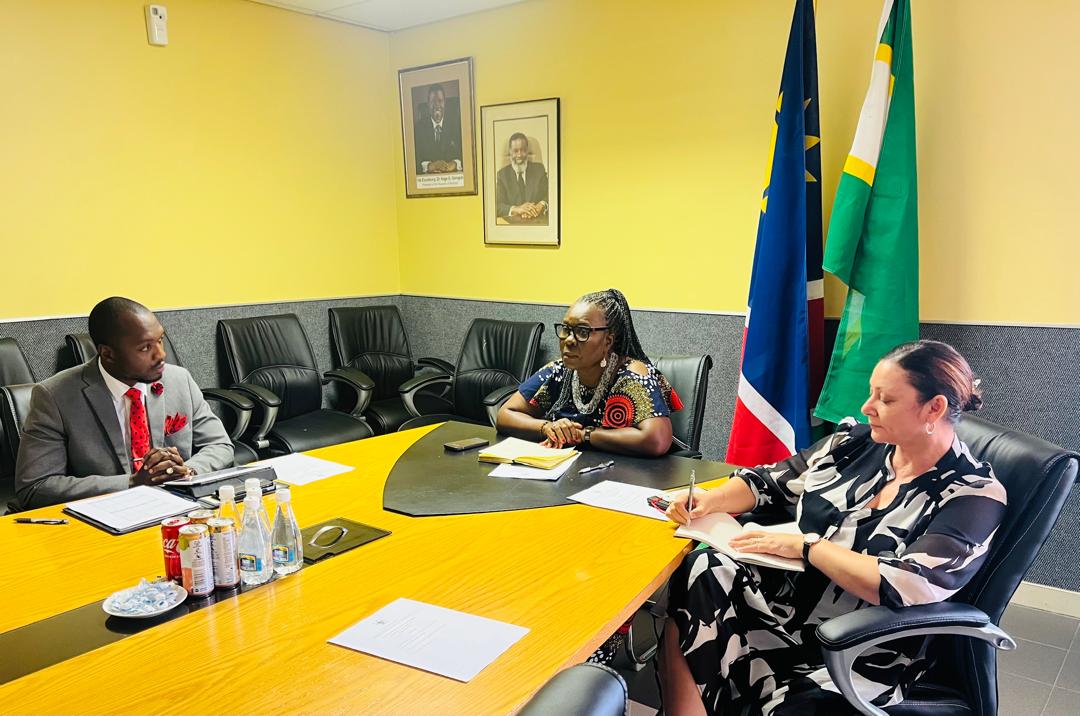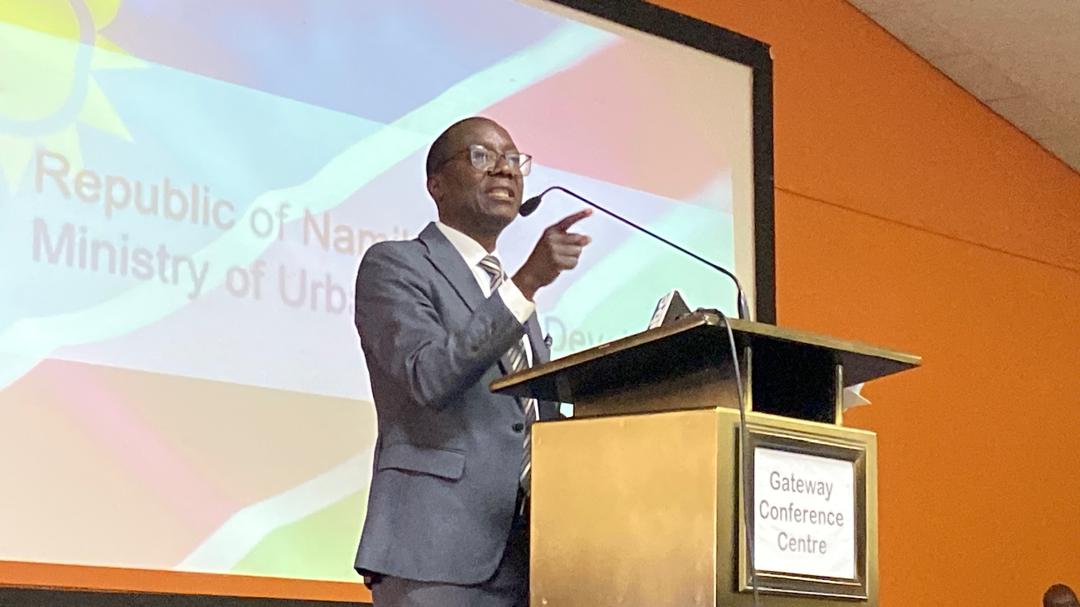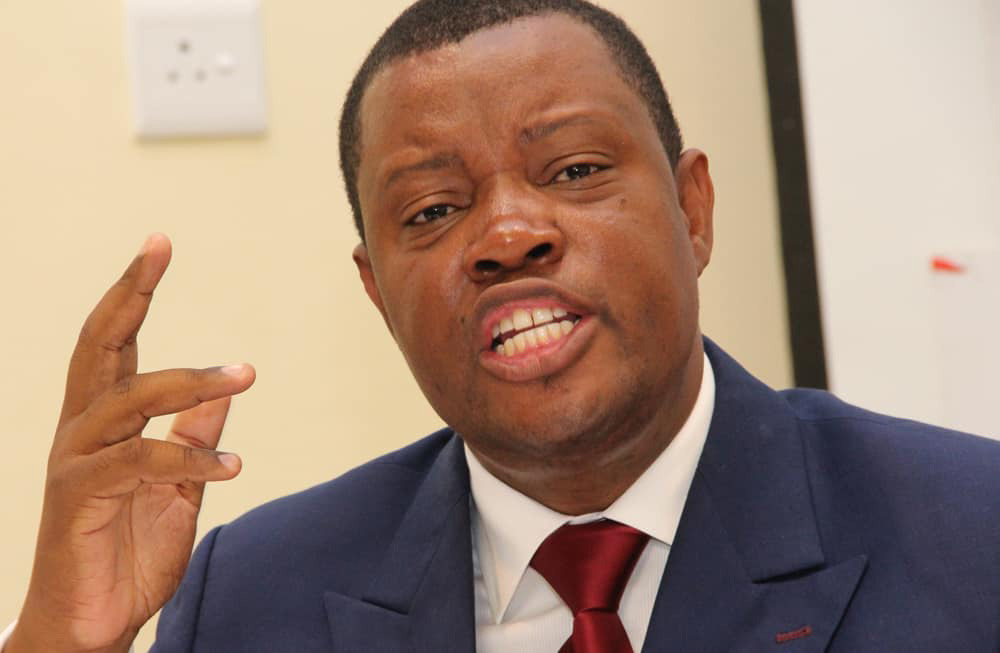THE German Embassy in Windhoek has provided N$72 000 for the construction of hydroponic nurseries at three centres in Windhoek, namely the PEACE Centre, the AIDS Care Trust and the Ombili Community Centre in Okuryangava.
These institutions share a common goal to assist respective target groups to empower themselves. While the main aim of the PEACE Centre is the provision of trauma counselling and psychosocial support to marginalised and vulnerable persons and communities, it became clear at the beginning of this year that the caregivers of orphans and vulnerable children also need support for the growing of vegetables.They were trained to use hydroponic and micro-food gardening.These techniques are especially suitable for urban communities, since they allow food production without access to large plots of land and with the sparing use of water.The PEACE Centre, the AIDS Care Trust and the Ombili Community Centre in Okuryangava offered to provide target groups with secure sites for their gardens.Since birds pose a threat to crop production, nurseries had to be constructed in such a way as to keep the birds at bay.The nurseries are to be completed in the course of this month.While the main aim of the PEACE Centre is the provision of trauma counselling and psychosocial support to marginalised and vulnerable persons and communities, it became clear at the beginning of this year that the caregivers of orphans and vulnerable children also need support for the growing of vegetables. They were trained to use hydroponic and micro-food gardening.These techniques are especially suitable for urban communities, since they allow food production without access to large plots of land and with the sparing use of water.The PEACE Centre, the AIDS Care Trust and the Ombili Community Centre in Okuryangava offered to provide target groups with secure sites for their gardens.Since birds pose a threat to crop production, nurseries had to be constructed in such a way as to keep the birds at bay.The nurseries are to be completed in the course of this month.
Stay informed with The Namibian – your source for credible journalism. Get in-depth reporting and opinions for
only N$85 a month. Invest in journalism, invest in democracy –
Subscribe Now!









